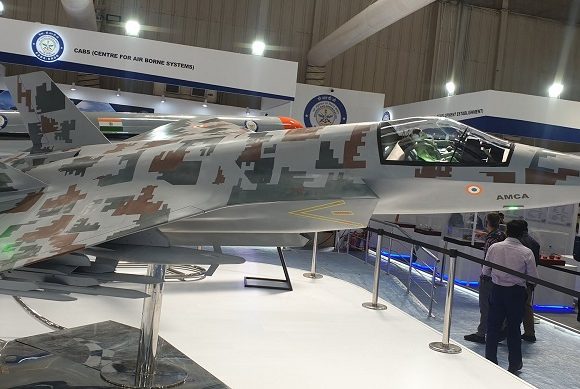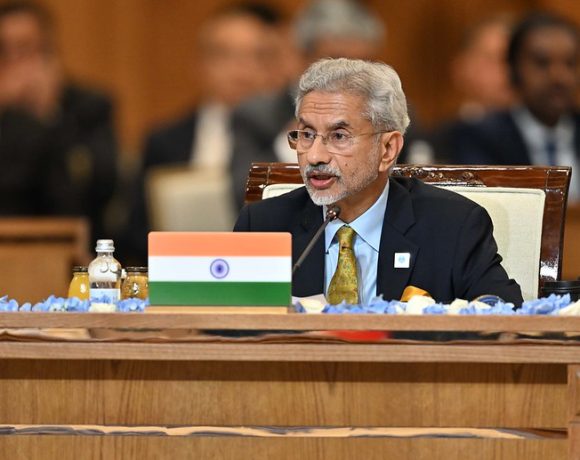
India Criticizes BBC for Describing Pahalgam Attackers as ‘Militants’
The Indian government has taken strong exception to the BBC’s reporting on the Pahalgam terror attack, where 26 innocent lives were lost. In particular, India objected to the BBC’s repeated use of words like “militants” and “gunmen” instead of “terrorists” to describe the attackers. Officials conveyed their displeasure formally, highlighting the need for international media outlets to accurately characterize acts of terror.
The Ministry of External Affairs made it clear that the terminology employed in reporting such brutal acts must reflect the true nature and severity of terrorism. The Indian government has decided to keep a close watch on how BBC and similar global broadcasters frame narratives around attacks targeting Indian civilians.
India Media Criticism
This confrontation with the BBC is not new. Tensions between India and the British broadcaster have been simmering since early 2023, when the BBC released a controversial documentary titled “India: The Modi Question.” The Indian government had labeled it a “propaganda piece,” arguing that it distorted facts and undermined India’s sovereignty. Citing risks to public order, the documentary was banned across platforms in India under emergency legal provisions.
The Pahalgam episode has further widened the rift. Indian authorities believe that the BBC’s choice of words in sensitive matters dilutes the severity of terrorism and fails to do justice to the victims’ suffering.
Terrorism Terminology
India has emphasized that global media must refrain from using soft language when reporting terrorist activities. The word choices like “militants” or “gunmen,” officials argue, create a dangerous moral ambiguity that could distort public understanding. By calling out the BBC, India aims to push for responsible journalism that acknowledges the realities of terrorism without sanitizing it under euphemistic labels.
The Indian government’s stand is clear — acts of terror must be recognized and reported as terrorism, without minimizing the brutality involved. As international narratives continue to influence public perception, India’s insistence on accurate terminology underscores a broader battle against global media misrepresentations.


















